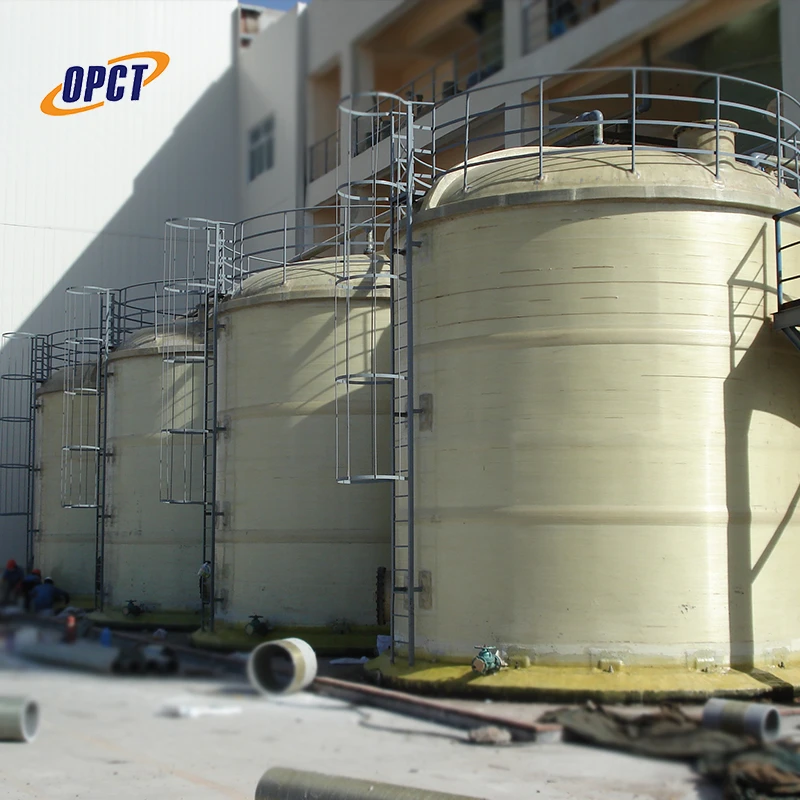


Understanding Fiberglass Angle Stock Properties, Uses, and Benefits
Fiberglass angle stock is a versatile composite material that has gained popularity in various industries due to its unique properties and applications. Made from reinforced fiberglass, this product is characterized by its strength, lightweight nature, and resistance to corrosion. In this article, we will explore what fiberglass angle stock is, its benefits, common uses, and why it stands out compared to traditional materials.
What is Fiberglass Angle Stock?
Fiberglass angle stock refers to an L-shaped structural component made from fiberglass-reinforced plastic (FRP). It is typically produced through a process known as pultrusion, where continuous strands of fiberglass are drawn through a resin bath and then cured to form solid shapes. The resulting angles can come in various sizes and thicknesses, making them suitable for a range of applications. The properties of fiberglass angle stock make it an excellent alternative to metal or wood in many situations.
Properties of Fiberglass Angle Stock
One of the primary reasons fiberglass angle stock is favored in many applications is its inherent properties
1. Lightweight Fiberglass is significantly lighter than metals such as aluminum or steel, which can reduce overall construction weight and ease handling and installation.
2. Corrosion Resistance Unlike steel, fiberglass does not rust. This makes it ideal for use in hostile environments such as chemical plants, coastal areas, or anywhere that exposure to moisture and corrosive substances is common.
3. High Strength-to-Weight Ratio Despite its lightweight nature, fiberglass angle stock exhibits remarkable strength, making it highly effective for structural support applications.
4. Electrical Insulation Fiberglass is an excellent insulator of electricity, making it a safe choice for applications where electrical conductivity could be hazardous.
5. Dimensional Stability Fiberglass angle stock does not warp, shrink, or expand with changes in moisture levels or temperature, providing consistent performance over time.
Common Uses of Fiberglass Angle Stock
The versatility of fiberglass angle stock allows it to be used across various industries. Some common applications include

1. Construction and Architecture Fiberglass angle stock is often used in building frameworks, supports, and connections. Its lightweight nature and resistance to environmental factors make it a preferred choice in constructing outdoor structures, decks, and more.
2. Marine Applications Due to its corrosion resistance, fiberglass angle stock is extensively used in boat building and repair, as well as in marina construction, such as docks and piers.
3. Chemical Processing In facilities that handle corrosive chemicals, fiberglass angle stock is used as structural support, ladders, and platforms, helping to maintain safety and structural integrity.
4. Transportation In the transportation sector, fiberglass angle stock is used for creating lightweight and durable supports for vehicles, trailers, and other transport containers.
5. Electrical and Telecommunications Given its electrical insulation properties, fiberglass angle stock is utilized in creating supports for electrical lines and telecommunications infrastructure.
Benefits of Using Fiberglass Angle Stock
The advantages of using fiberglass angle stock extend beyond its physical properties
1. Cost-Effectiveness While the initial cost may be higher than traditional materials, the longevity and reduced maintenance requirements of fiberglass angle stock can result in long-term savings.
2. Easy to Work With Fiberglass can be easily cut, drilled, and shaped, making it a flexible option for custom projects.
3. Environmentally Friendly Many fiberglass products are made from recycled materials, making them a more sustainable option compared to wood and metals.
4. Fire Resistance Many types of fiberglass are fire-resistant, adding an additional layer of safety in many applications.
Conclusion
Fiberglass angle stock represents a significant advancement in construction and material engineering, offering a combination of strength, lightweight properties, and resistance to environmental factors. Its wide array of applications across various industries makes it a preferred choice for engineers and builders looking for effective and durable solutions. Whether in construction, marine applications, or chemical processing, fiberglass angle stock is a material that can meet diverse needs while also contributing to safety, longevity, and sustainability in design. As industries continue to innovate, the demand for fiberglass products is only expected to grow, solidifying its role in the future of material science.